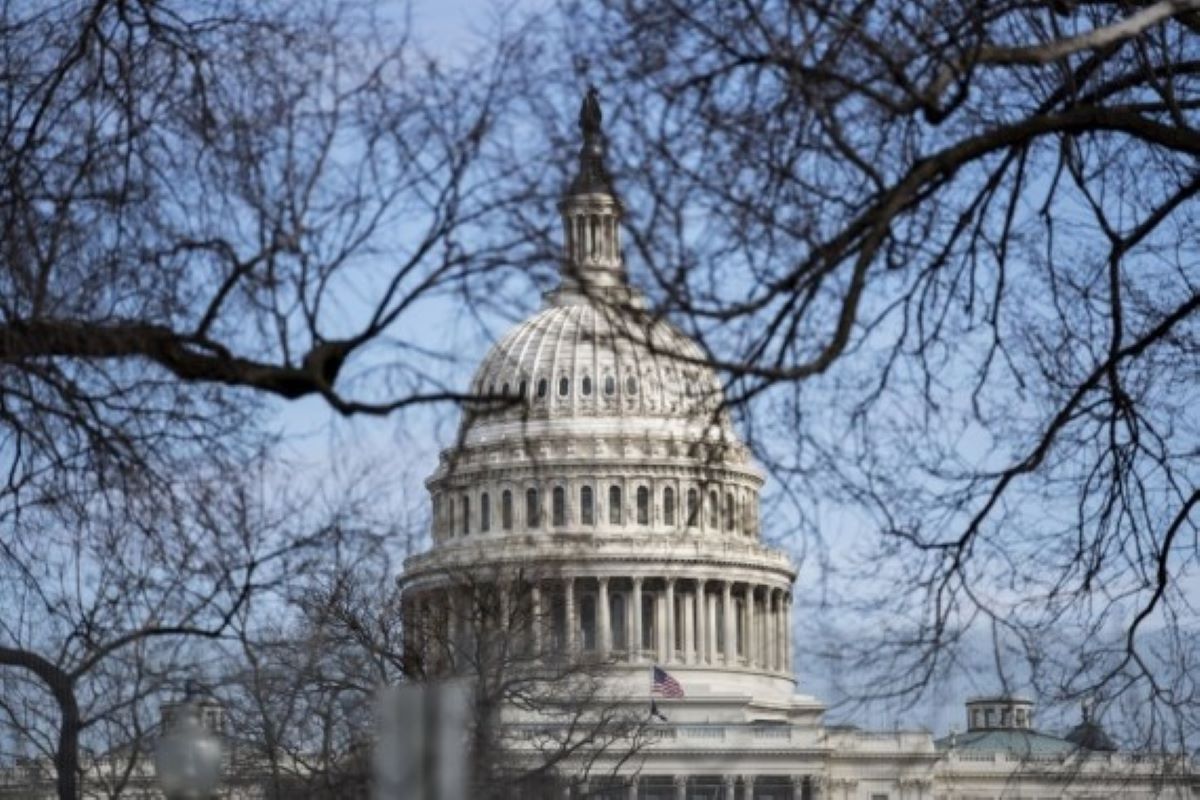President Joe Biden’s bipartisan infrastructure deal has landed in a quandary after Republican senators said they felt “blindsided” by his insistence that it must move in tandem with his bigger package.
The White House doubled down on the strategy, meanwhile, saying it should have come as no surprise.
Advertisement
The rare accord over some $1 trillion in investments faced new uncertainty on Friday, barely 24 hours after Biden strode to the White House driveway, flanked by 10 senators from a bipartisan group, with all sides beaming over the compromise.
Senators were described as “stunned,” “floored” and “frustrated” after Biden publicly put the conditions on accepting their deal, according to two people familiar with the private conversations who spoke on condition of anonymity to discuss the reactions.
“I’ve been on the phone with the White House, my Democratic colleagues, my Republican colleagues, all darn day,” said Sen. Rob Portman of Ohio, the lead Republican negotiator, in an interview Friday.
“My hope is that we’ll still get this done. It’s really good for America. Our infrastructure is in bad shape,” he said. “It’s about time to get it done.”
White House press secretary Jen Psaki, who was asked at her briefing about the GOP dismay, said senators should not have been surprised by the two-track strategy that Biden has publicly discussed on many occasions.
“That hasn’t been a secret. He hasn’t said it quietly. He hasn’t even whispered it,” she said.
Psaki said the president plans to stand by the commitment he made to the senators. “And he expects they’ll do the same,” she said.
The path ahead is now uncertain.
Senators launched into calls Friday seeking answers from the White House after a tumultuous stuttering negotiations over Biden’s $4 trillion infrastructure proposals, his top legislative priority.
The Democrats’ two-track strategy has been to consider both the bipartisan deal and their own more sweeping priorities side by side, a way to assure liberal lawmakers the smaller deal won’t be the only one.
But Biden’s vow to essentially veto or refuse to sign the bipartisan accord without the companion package being negotiated by Democrats, which is now eyed at nearly $6 trillion in child care, Medicare and other investments, was an additional step that throws the process into doubt.
“No deal by extortion!” tweeted Sen. Lindsey Graham, R-S.C., on Friday.
Biden reached out Friday to the lead Democratic negotiator, Sen. Kyrsten Sinema of Arizona, and reiterated his strong support for the compromise agreement, according to a readout from the White House.
Tensions appeared to calm later in the day, after senators from the group of negotiators convened a conference call, according to another person who spoke on condition of anonymity to discuss the private meeting.











